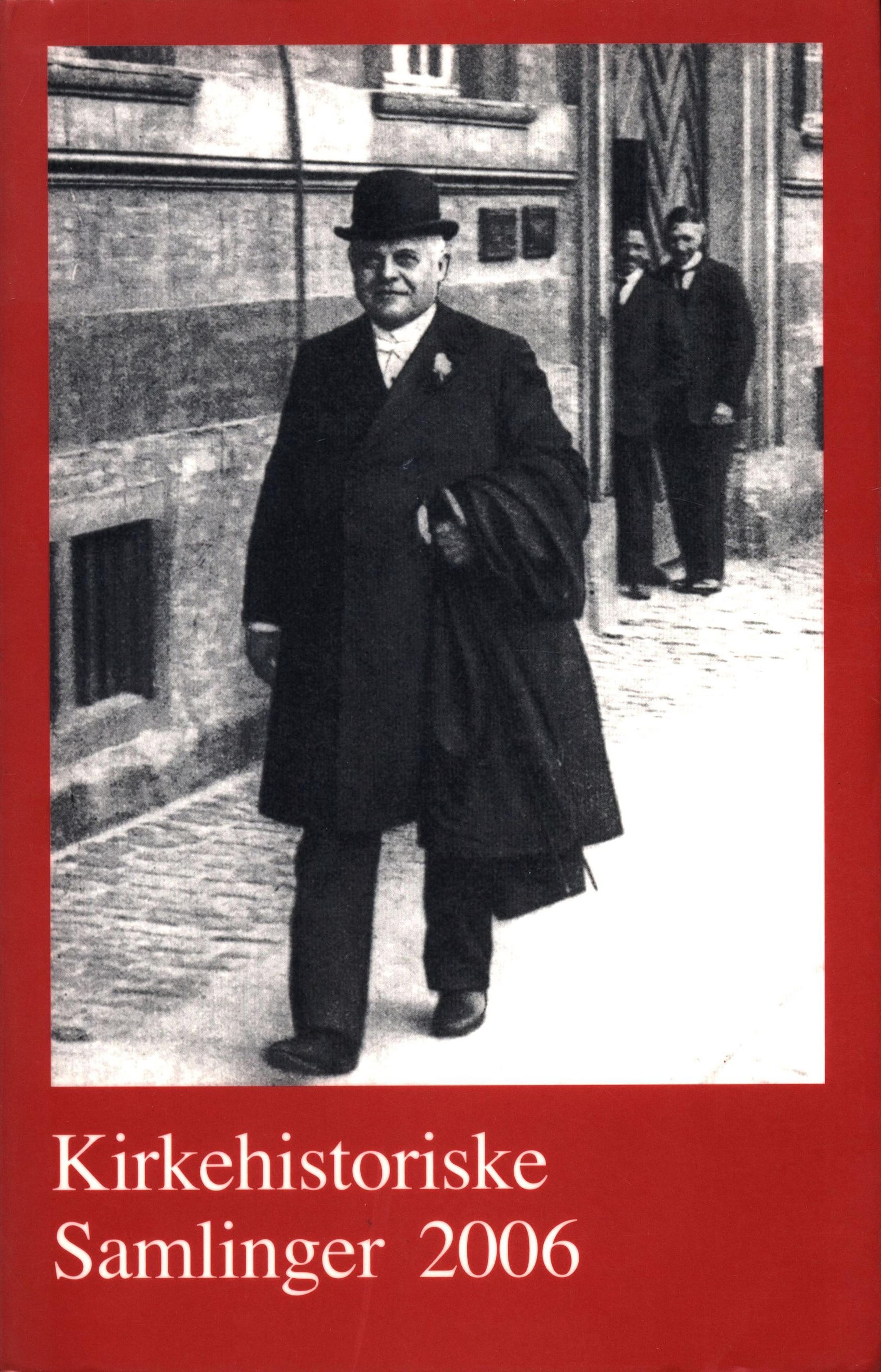Publiceret 15.12.2006
Citation/Eksport
Copyright (c) 2024 Tidsskriftet Kirkehistoriske Samlinger

Dette værk er under følgende licens Creative Commons Navngivelse – Ingen bearbejdelser (by-nd).
Resumé
From 1551 to 1686 a total of 73 »Extraordinary penitence- and prayerdays« were held in Denmark. Through repentance, penance and prayer, these churchrituals aimed to appease God’s anger and avoid catastrophes perceived as divine punishments (e.g. war, hunger, plague). The prayer-days were originally instituted as a ritual supporting and integrating post-Reformation practices. They increased in frequency especially during the Nordic Seven Years’ War and were afterwards, from the 1580s onwards, a common, if irregular, holiday. Extraordinary prayer-days were on average held biannually until 1686, when a new annual holiday known as Store Bededag, Great Prayer-Day, was introduced to replace them. Each extraordinary prayer-day lasted three consecutive days (from 1673 onwards three consecutive Fridays), during which church attendance and daytime fasting were mandated by law. They were normally held in spring. Often regarded by historians as rigid, orthodox and unchanging, the prayer-days were in fact eminently adaptable, since the choice of Biblical excerpts to be used could be varied infinitely. The theme for each prayer-day sermon was decided by the bishop of Zealand and distributed among the clergy; usually, he would pick verses from both the Old and New Testament in a manner fitting the general political background at the time. Broadly speaking, in times of war, martial Bible texts were selected, while verses emphasising morals were preferred in peacetime. In 1626, Christian IV suffered a major military setback during Denmark’s involvement in the Thirty Years’ War. Interpreting this as God’s punishment of a sinful population, the practice of prayer-days was extended by establishing »ordinary prayer-days.« They were to be observed every Friday in the towns, and the first Wednesday of every month in the rural parishes, making them an exceptionally common expression of penitential theological thought (Bujichristentum). These ordinary prayer-days were held until well into the 18th century.

